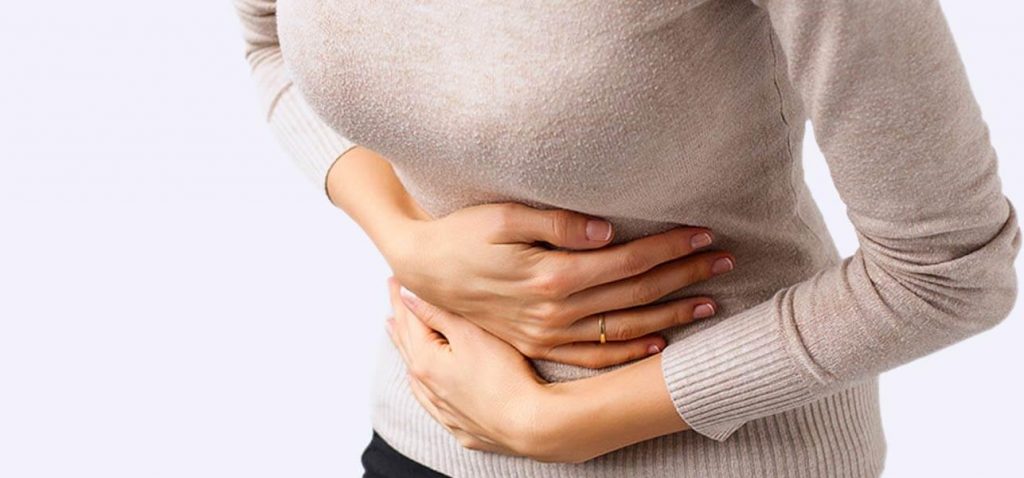
Menstruation is still shrouded in shame and secrecy, and period myths are symptomatic of that. We spoke to the self-proclaimed Minister of Menstruation, Candice Chirwa, about South African period myths and taboos.
Demystifying menstruation is a fulltime job, and not one we take lightly. Menstruation activist, academic and author, Candice Chirwa, has come up against her fair share of menstruation myths in her work as a period educator. Behold, the top five period myths the Lil-Lets team is set on tackling.
“Period Blood is Dirty”
Menstrual fluid isn’t old blood, and it certainly isn’t dirty. You may have been made to feel this way by older relatives or friends, but there is nothing innately unclean about your period, or you when you’re on it. Some South African menstruators are brought up to believe that they shouldn’t be intimate with anybody while on their period. Others have been discouraged from going to religious ceremonies or places of worship, or even handling food when they’re menstruating.
“One interesting myth we heard was that menstrual blood could be used for witchcraft, so that’s why girls have to make sure no one knows they’re menstruating,” says Candice.
Whatever the origin of these myths, they’re unfounded, and only contribute to the shame and stigma surrounding menstruators’ bodies. Remember: menstruation is a natural bodily function, and while menstrual fluid isn’t pretty (blood clots, anyone?), it isn’t unclean, and neither are you. Read more about menstrual fluid here.
“Periods Shouldn’t Be Spoken About”
This one’s a biggie. It’s going to take some time to get there, but we hope that as we keep having these conversations and making it possible for people to talk unreservedly about their bodies, we can show menstruators that being open about your period isn’t bad manners or something to be ashamed about.
Your period is no different to any other bodily function, and silence around it is unnecessary and obstructive, making it difficult for people to access information, medical help and support when necessary. The more that we all talk about periods (and menstrual cycles, and and) the easier it will be to start these conversations and include the people who need them the most.
Candice understands that myths are often passed down from older relatives, and takes a gentle approach when dissuading people from believing in taboos. “We tend to teach kids the biology of it, so that they can come to their own conclusion about the taboo, which usually ends with them being confident about their periods and understanding the importance of researching information around it,” she says.
“Your First Period Means That You’ve Been Sexually Active”
This period myth is really unfortunate, since it makes it hard for younger menstruators to approach their mothers or guardians when they start their periods, and need that first bit of support and sanitary supplies. It’s especially harmful for people who start menstruating really early on, and in South Africa, where children can get their first periods very young, the threat of having been sexually active makes it difficult to disclose what’s happening with their bodies.
“You can imagine girls who start menstruating at the age of eight, and how terrified they are of telling anyone about this, and how they have to cope with their periods in isolation,” says Candice.
If we look at what happens during the menstrual cycle, menstruation on a biological level, we’ll quickly see there’s simply no scientific basis for this myth.
“Your Period is a Sign of Disease”
There are several variations on this troublesome myth, but however it manifests, the belief that a period is a sign of anything other than functioning ovaries is a debilitating one. Some menstruators are even told not to have any intimate contact with a boy, since “boys will smell their period blood and will never ‘like’ them.” It’s troubling that so many younger menstruators are still being told that menstruation is a sign of illness or disease, or even an indication that they have been cursed.
In fact, it’s quite the opposite: your period is a sign that your ovaries and uterus are healthy. While there are certain conditions that can cause irregular periods or even absent periods (amenorrhea), the presence of a period indicates that you’re developing normally, and is nothing to be worried about.
“Tampons Can Break Your Virginity”
“Girls feel scared to use tampons because they fear that it will break their hymen,” explains Candice. This myth has had an unfortunately long shelf life, but it’s time we put it to bed for good. Virginity is a social construct and not a biological reality. The hymen, which is a thin membrane at the opening of the vagina, is often taken to be an indicator of whether or not a girl is a virgin. Contrary to popular belief, the hymen, if present, does not seal off the vagina, and can be perforated by any number of activities, including exercise. As a result, the hymen is an unreliable indicator of anything, much less virginity, and won’t be affected by a tampon.
With correct insertion, tampons are reliable, comfortable alternatives to pads and can be worn by people who’ve had sex or not. Candice explains this in her workshops, showing menstruators where the vagina sits and where the hymen is. “So they know that a tampon can’t break it, and that they can use [tampons] if it suits their lifestyle.”
While some of these myths are rooted in superstition or beliefs from older relatives and friends, they can make it harder for menstruators to reach out for help, information or support from those around them.
That’s why it’s so important to arm yourself with facts, and share this knowledge with menstruators around you.
lil-lets.com

